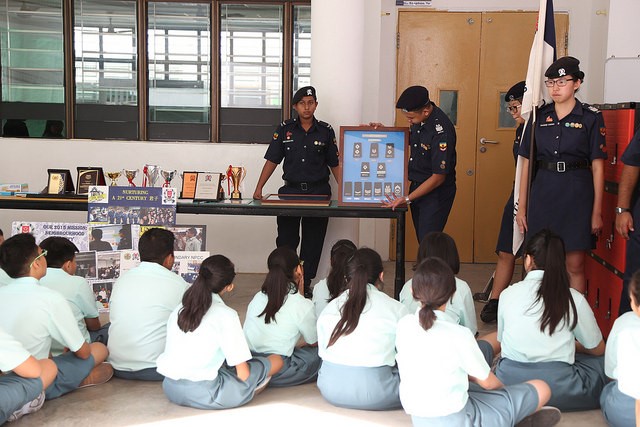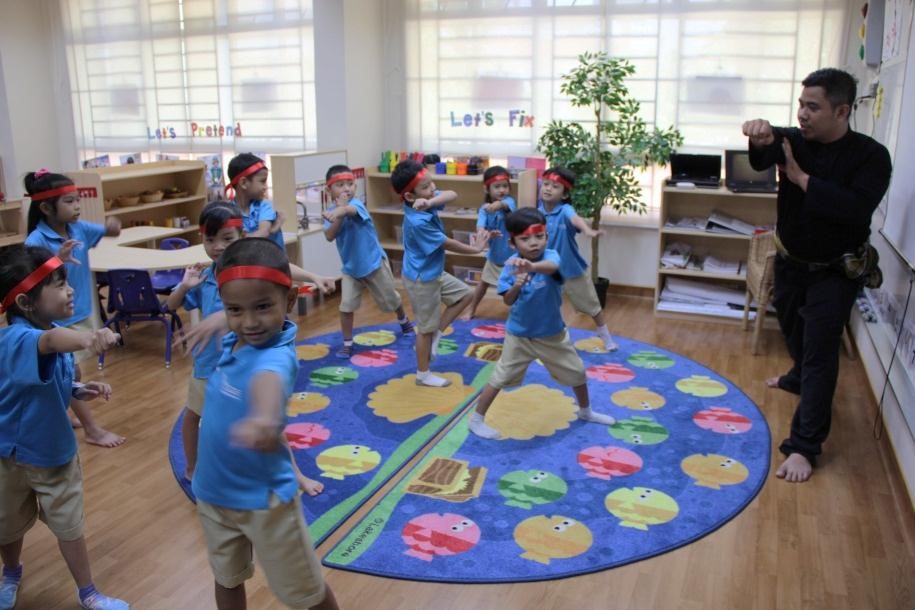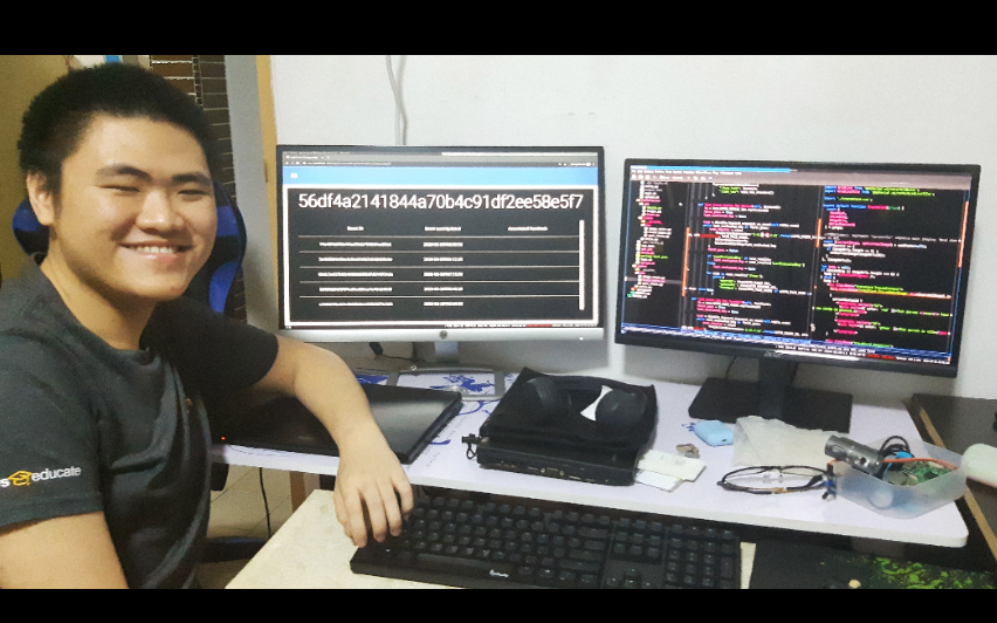When Wan Nur Adawiyah Shazali entered Punggol Secondary School as a Secondary One student, she was set on joining on one co-curricular activity (CCA): The National Police Cadet Corps (NPCC).
Adawiyah, formerly a member of her primary school’s Outdoor Adventure Club, often heard about her parents’ fond memories of their days as members of uniformed groups. “My mother was a National Cadet Corps (NCC) member, while my dad was in NPCC,” she says. “They said it instils discipline, teaches life skills and independence.”
CCAs are an integral part of holistic education in school, and every secondary school student is encouraged to participate in one activity. These after-school activities allow students to pick up skills and knowledge beyond the classrooms. We speak to Mrs Lee Wei Wei, teacher-in-charge of Punggol Secondary School’s Volleyball (Boys) CCA to find out why joining a CCA is great!
Positive fellowship
CCA allows students to interact with peers, and learn from their positive experiences. “We have an alumnus who’s training with the national volleyball team,” shares Mrs Lee. “He visits us to share new skills, as well as how he coped with juggling both studies and CCA when he was in school.”
Interacting with seniors and alumni is not just talking about CCA-related matters. It helps students to build lasting friendships with fellow CCA mates and also seek advice from older counterparts on academic matters, such as coping with school work, and choosing their subject combinations when they transit to Secondary Three.
Learning important life skills
Being part of CCA helps to cultivate positive character traits. “Some of our students are the only child at home, and they haven’t had many opportunities to learn about social behaviours when interacting with peers,” explains Mrs Lee. “For example, being in team sports or uniformed groups gives these students a chance to attend camps and opportunities to attend overseas trips. Students learn social skills, team work, interpersonal communication and leadership skills – all of which are important skills throughout life.”
Students also learn to be responsible for their commitments, as well as to manage their time effectively. “They understand that they would need to complete their homework first and then attend their CCA practices,” says Mrs Lee.
Discovering talents and interests
While some students would continue to take up the same CCA they had in primary school, it is not uncommon for students to take up the challenge of learning a new skill. “Volleyball is not a common CCA in primary schools, so several of our Secondary One students came in without knowing how to play the sport,” says Mrs Lee. “Taking up a new activity is a form of self-discovery – it is a challenge to oneself and through this, students can learn more about themselves and find out what they’re good at.”
Punggol Secondary School student Cheng Yu Ting plans to do just that. The Secondary One student has her eyes on the school’s volleyball team, as the CCA selection season comes around. She was a member of her primary school’s Infocommunication Club, but she is now looking to take up a new challenge at her new school. “I found volleyball enjoyable after playing the game outside school,” she says. “I look forward to becoming a better player as I learn from seniors in the team.”
Find out more on various CCAs offered in school here.






